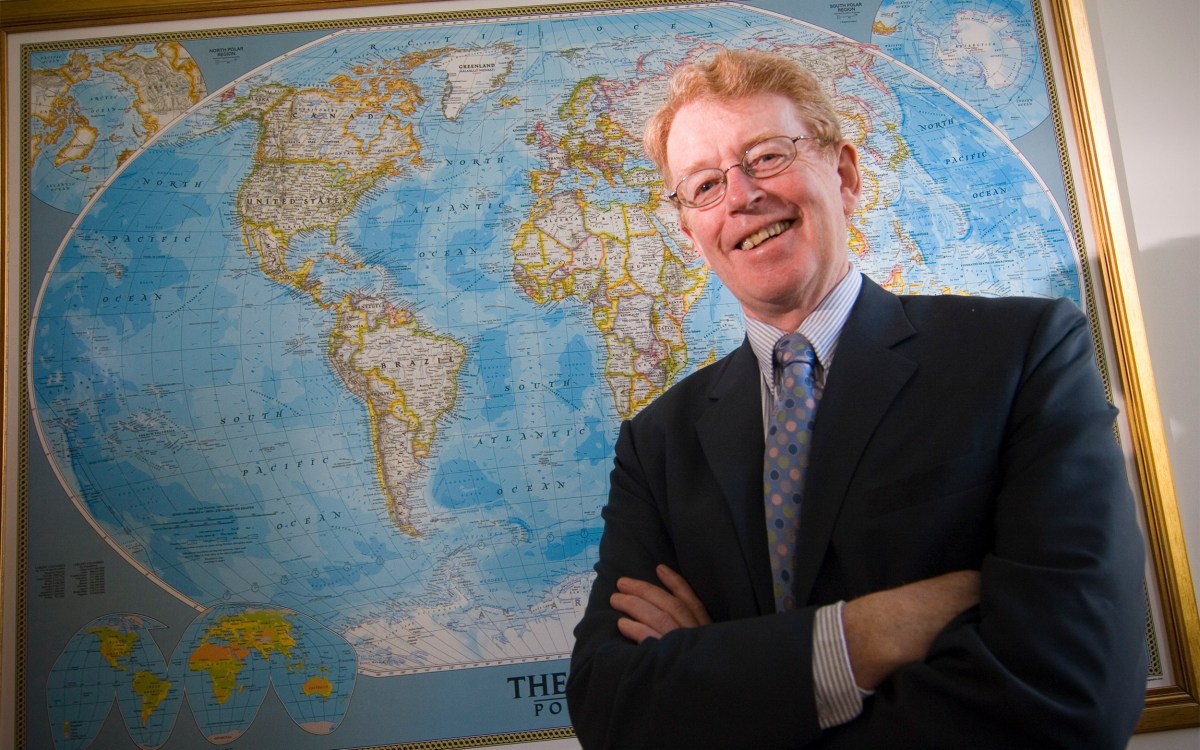Wallace Funds to support school superintendents program at KSG
The Wallace-Reader’s Digest Funds have approved a $1.58 million grant to Harvard’s Center for Public Leadership to design and implement a model program to help school superintendents be effective in an increasingly complex, challenging, and politicized environment.
Very few continuing learning opportunities exist for education leaders that fully address the range of skills needed to create sustained organizational improvements that promote better student achievement. Over the next two years, the Center for Public Leadership at the Kennedy School of Government (KSG), working in partnership with the Graduate School of Education, will apply its expertise in improving leadership practice to developing and implementing an intensive, interactive learning experience that addresses these challenges, and that can serve as a model for future superintendent leadership programs.
“Superintendents have practically no place to go to increase their leadership capacities, share experiences and knowledge with colleagues, and think more deeply and systematically about what it means to be an effective educational leader,” said Mary Lee Fitzgerald, director of education programs at the Wallace Funds.
“Educators charged with teaching our nation’s children work one of the most challenging and difficult arenas of public service,” said Joseph S. Nye, dean of KSG. “This bold new program will help develop the leadership capacity among this country’s superintendents that is needed to address the challenges facing educators today.”
“If America is to be a light unto the nations, then there can be nothing more important than to commit ourselves to figuring out how to educate, in the fullest sense of the term, the children of our country,” said Ronald Heifetz, founding director of the Center for Public Leadership and current director of the Leadership Educators Project.
The initial 10 to 12 participants will be superintendents from school districts taking part in the funds’ newly launched Leadership for Educational Achievement in Districts (LEAD). Working with those experienced leaders over two years, the center will develop a series of 16-day residential workshops to build leadership skills and practical new tools to take back to their districts. The program also will provide monthly coaching and consultation sessions for each participant, create networks to promote professional sharing and communications, and develop research and case studies of use within LEAD districts.
The theoretical perspective for this new program draws from a model of leadership developed during the last 20 years by a team of faculty and graduate students led by Heifetz. Those ideas, some of which are detailed in his book, “Leadership Without Easy Answers” (Harvard University/Belknap Press, 1994), suggest that is not enough for school leaders to rest on technical expertise or past practices to meet the educational challenges demanded of them. The program is based instead on the idea that leaders need to create a system-wide shift in focus within their districts to bring about more widespread public commitments, new ways of looking at both familiar and unfamiliar situations within a school system, and new strategies for generating consistent, measurable improvement in school performance.




